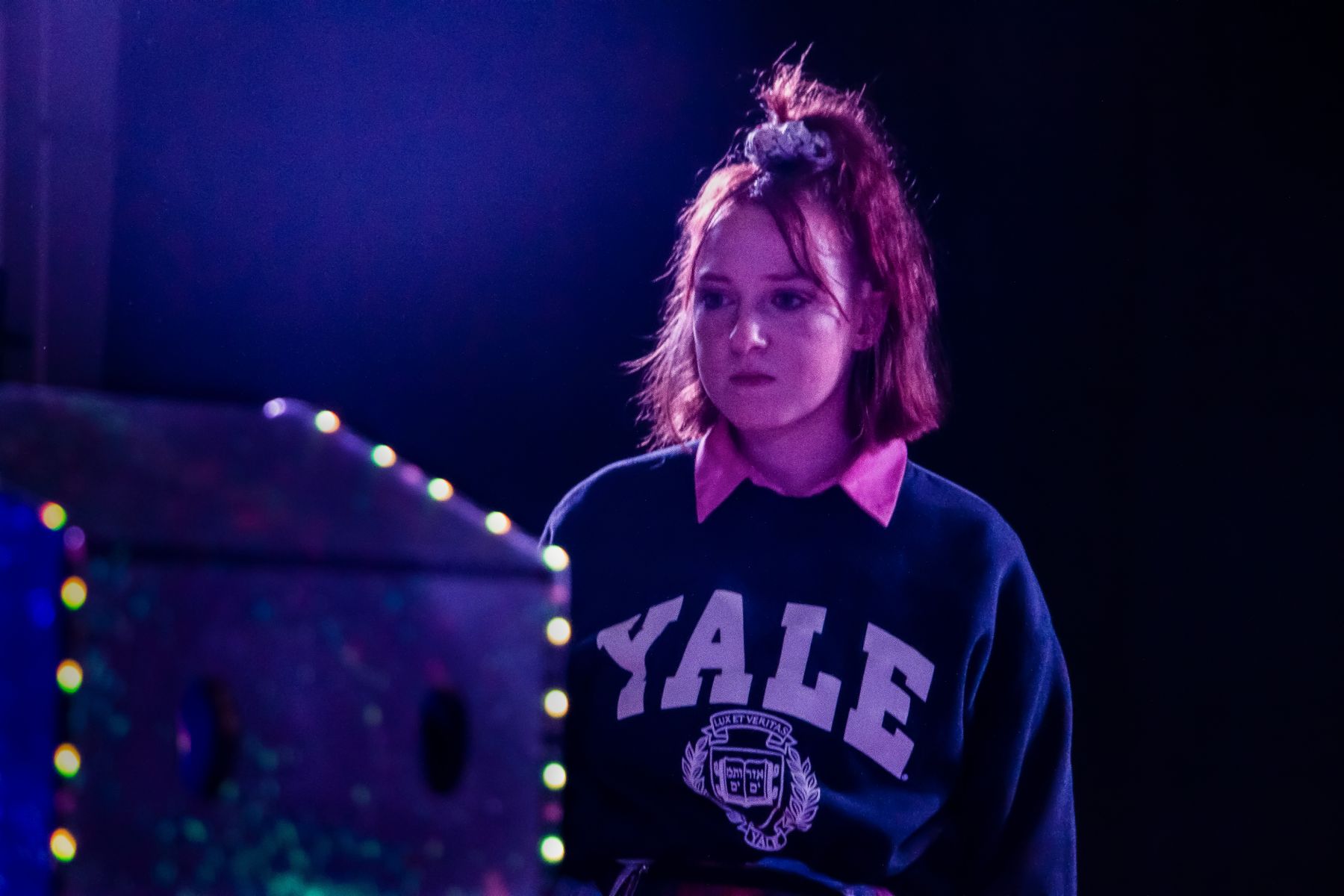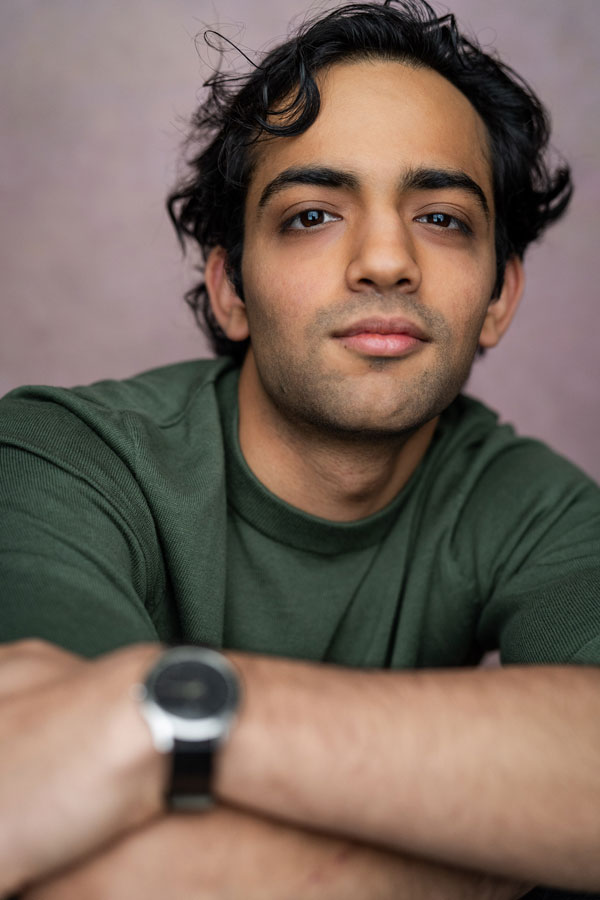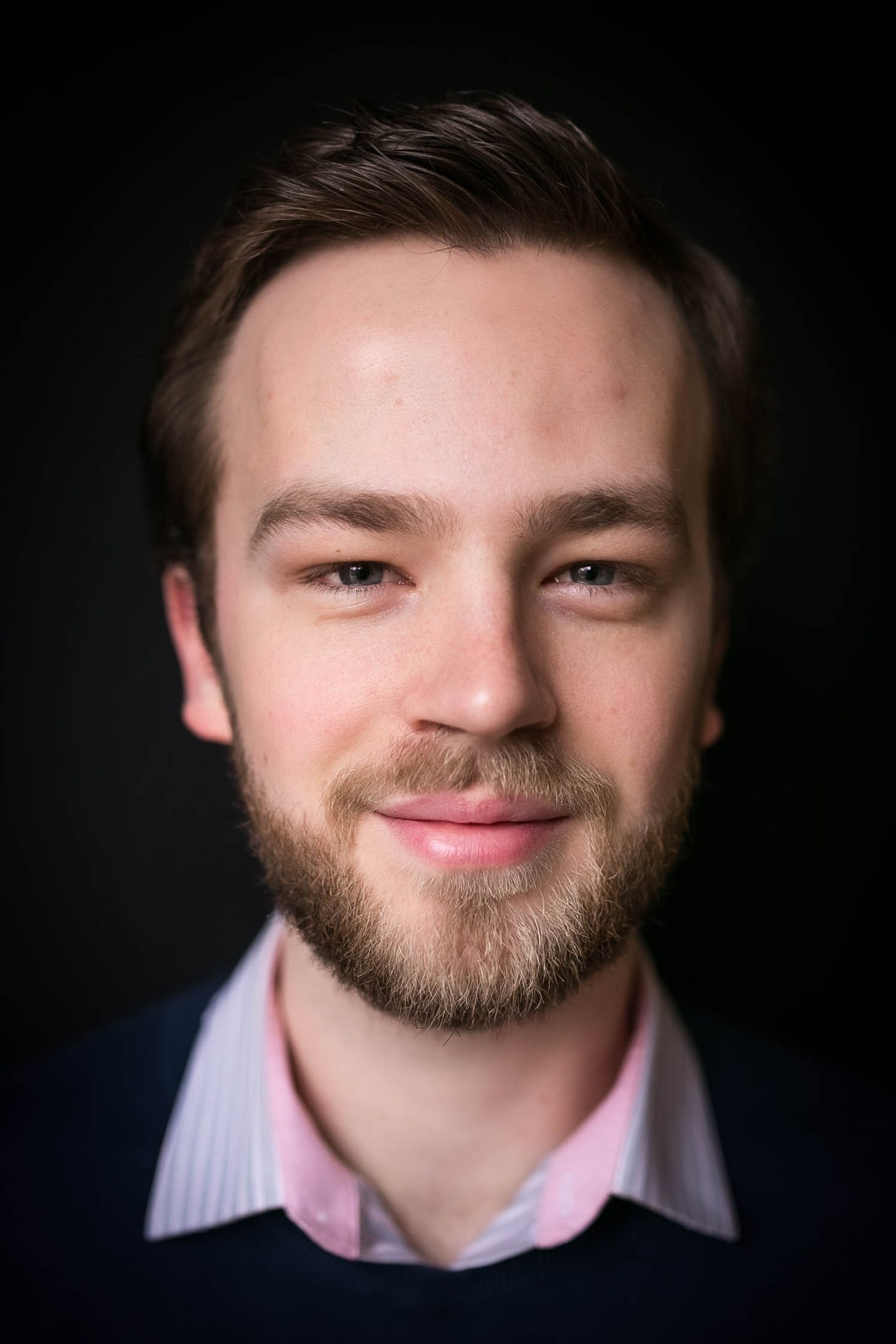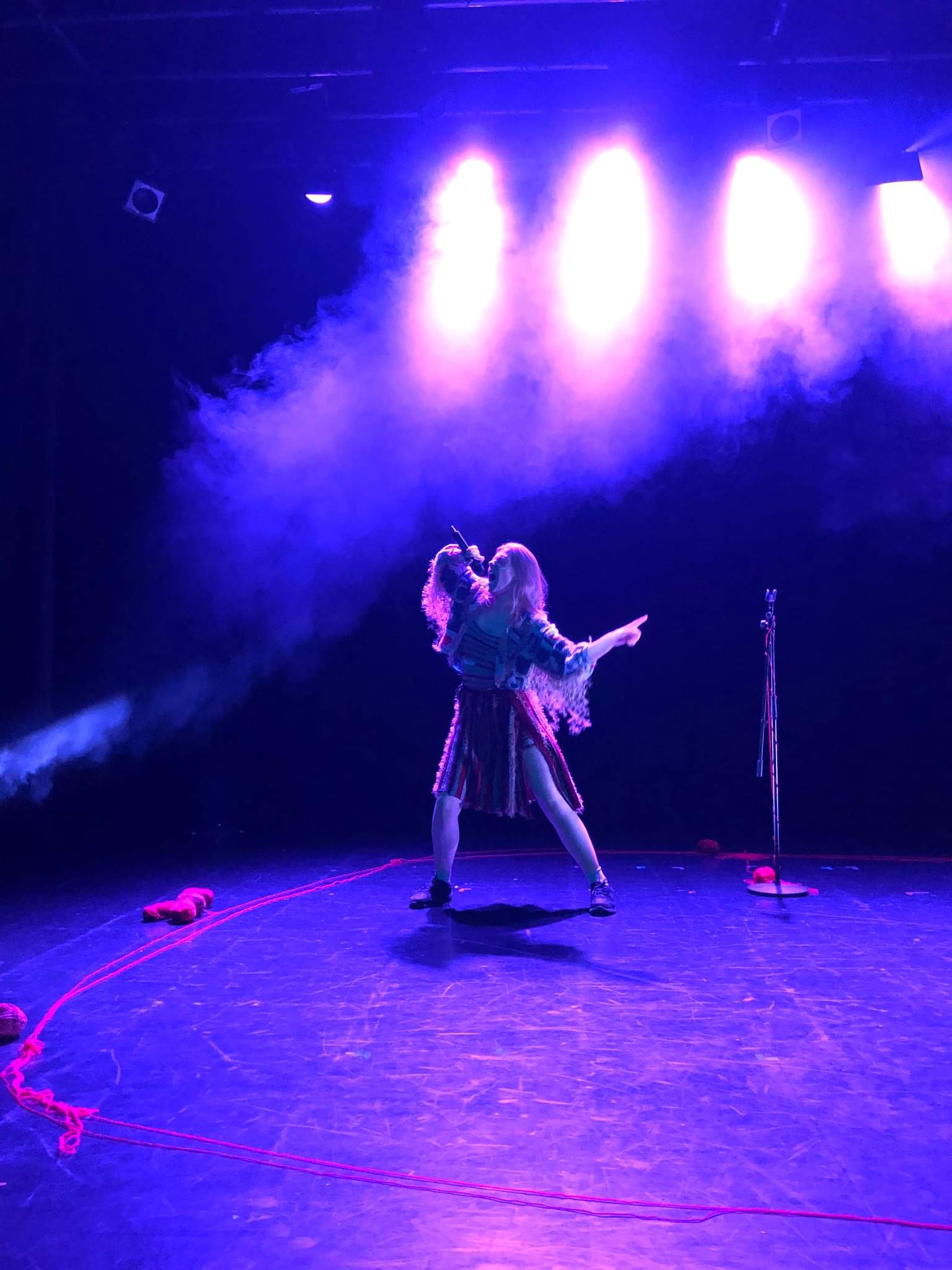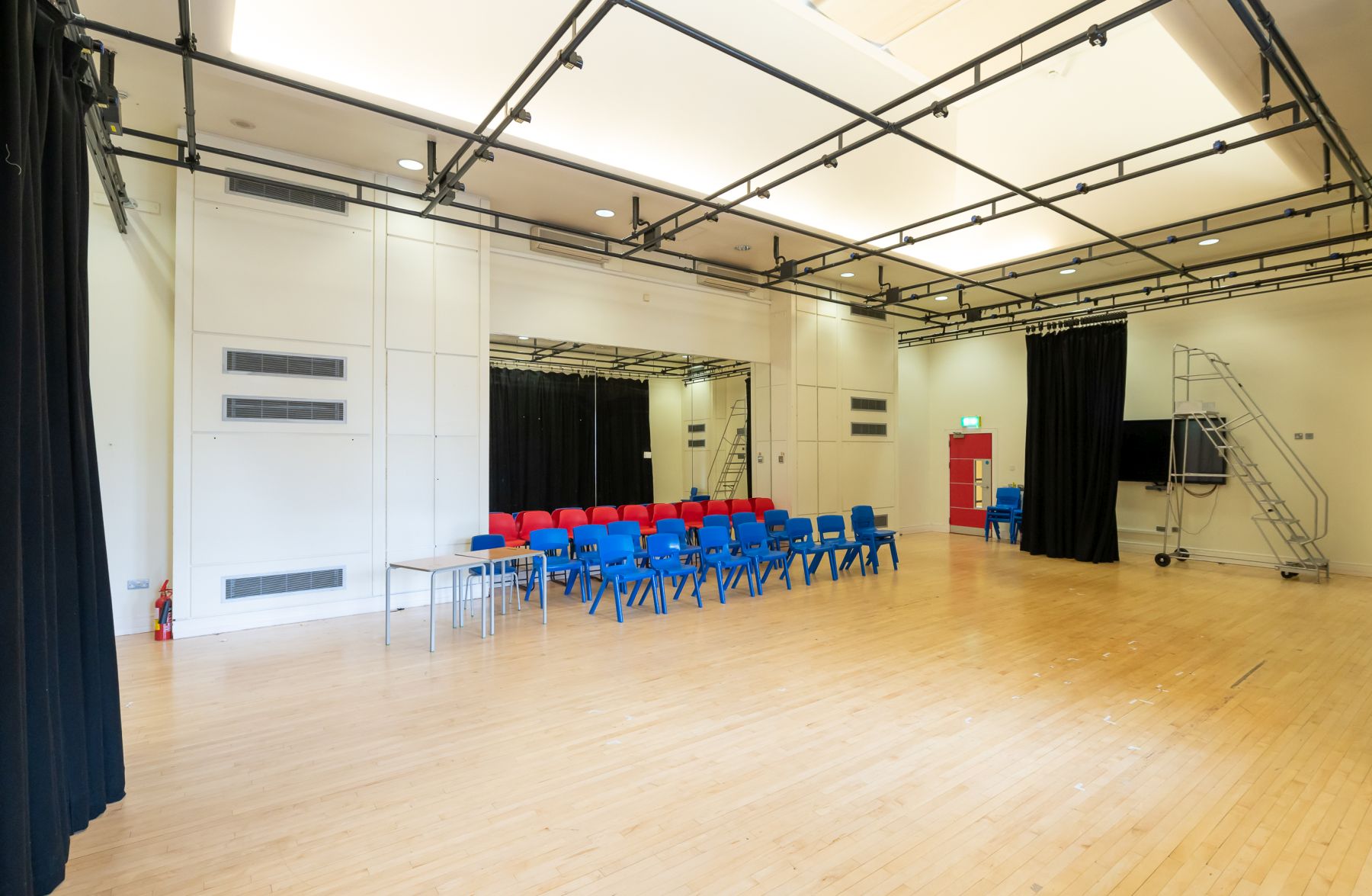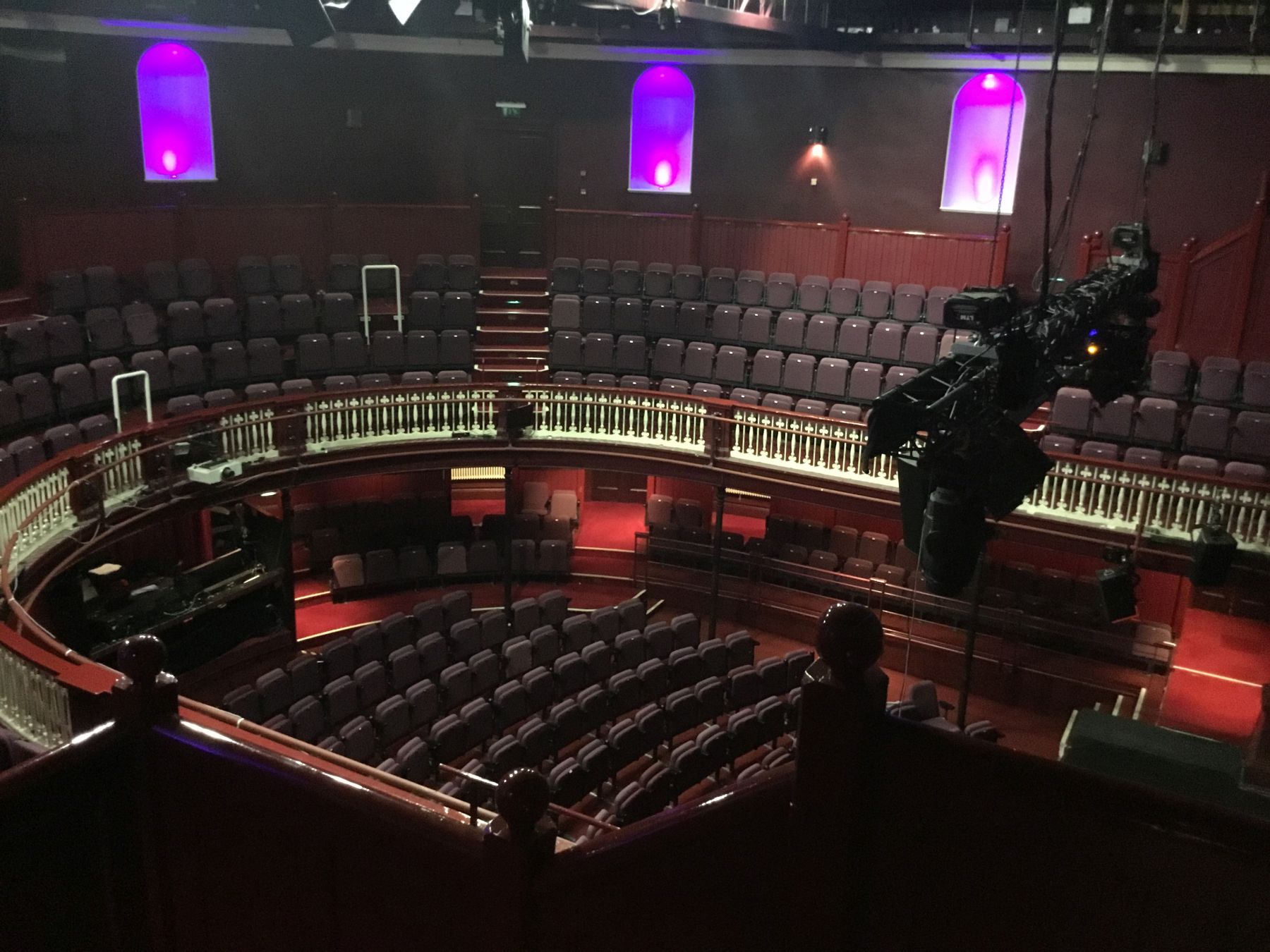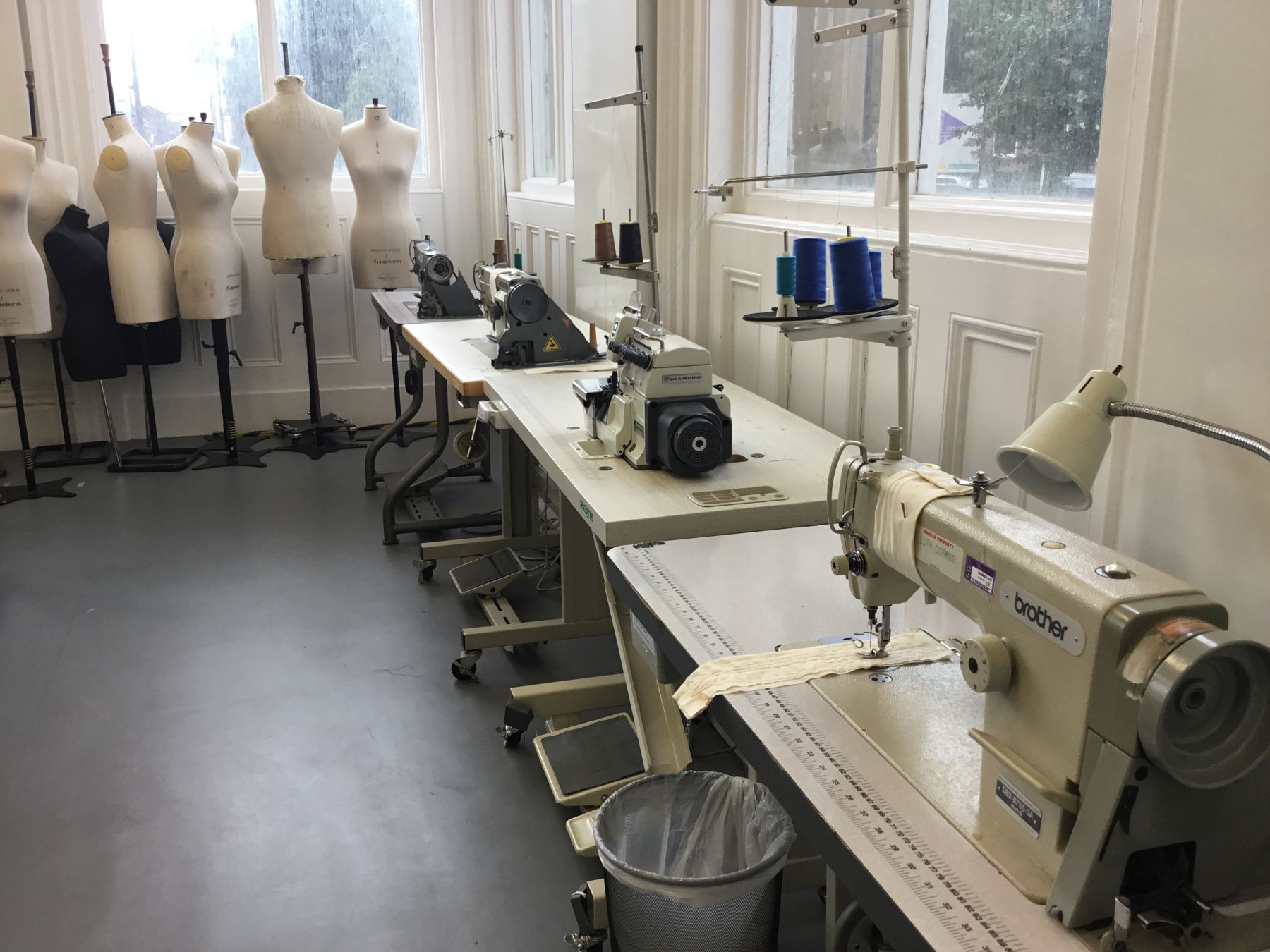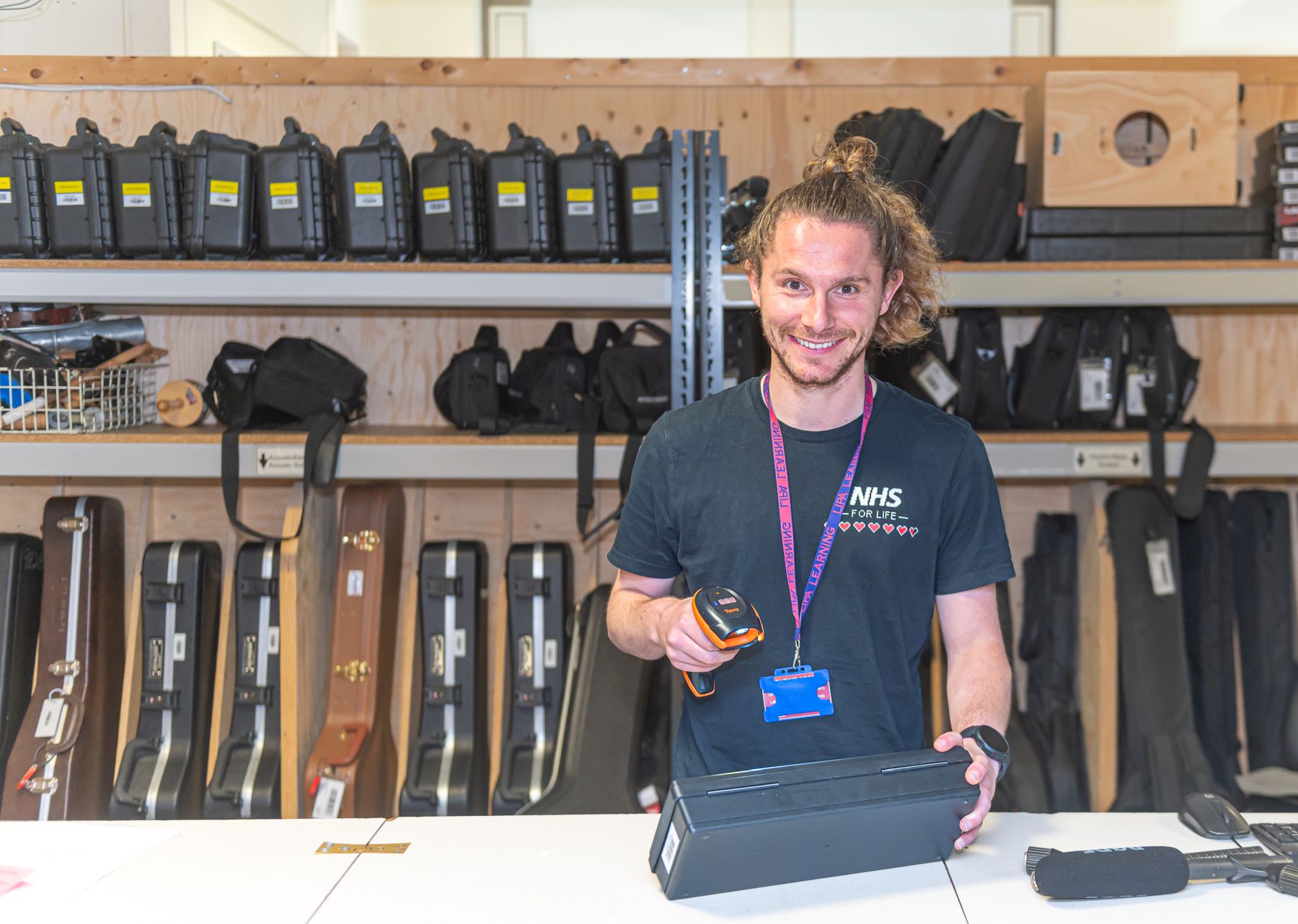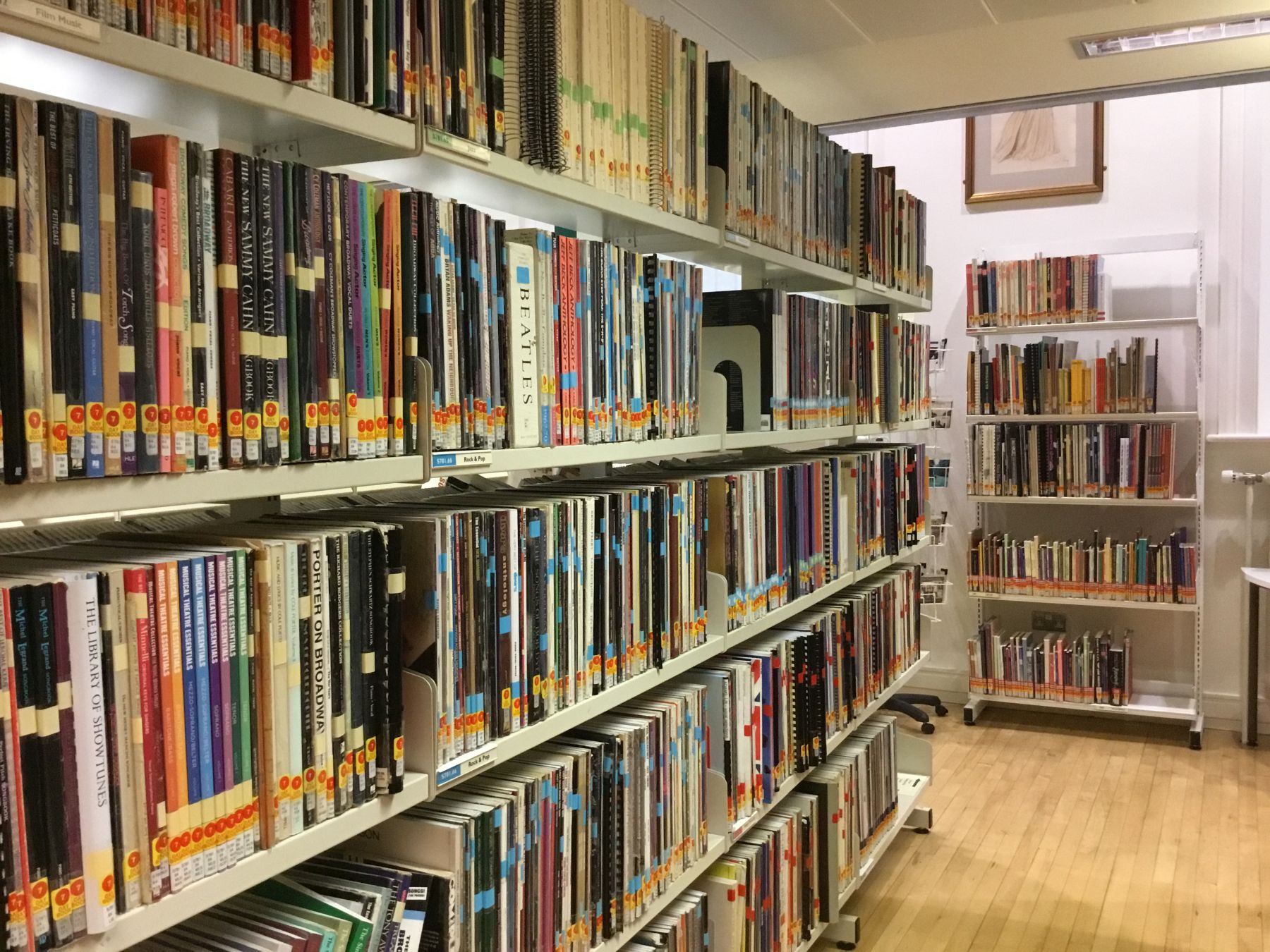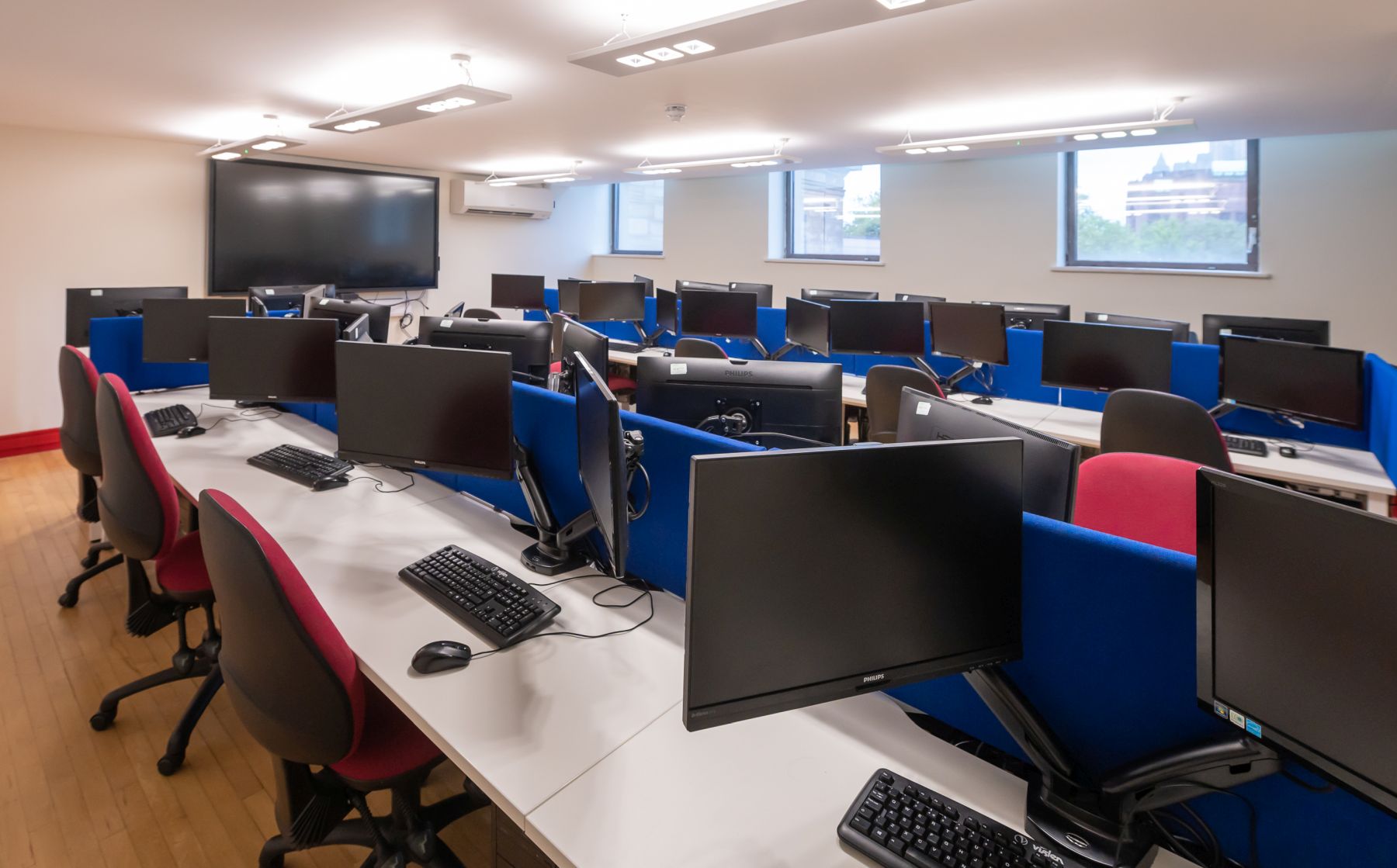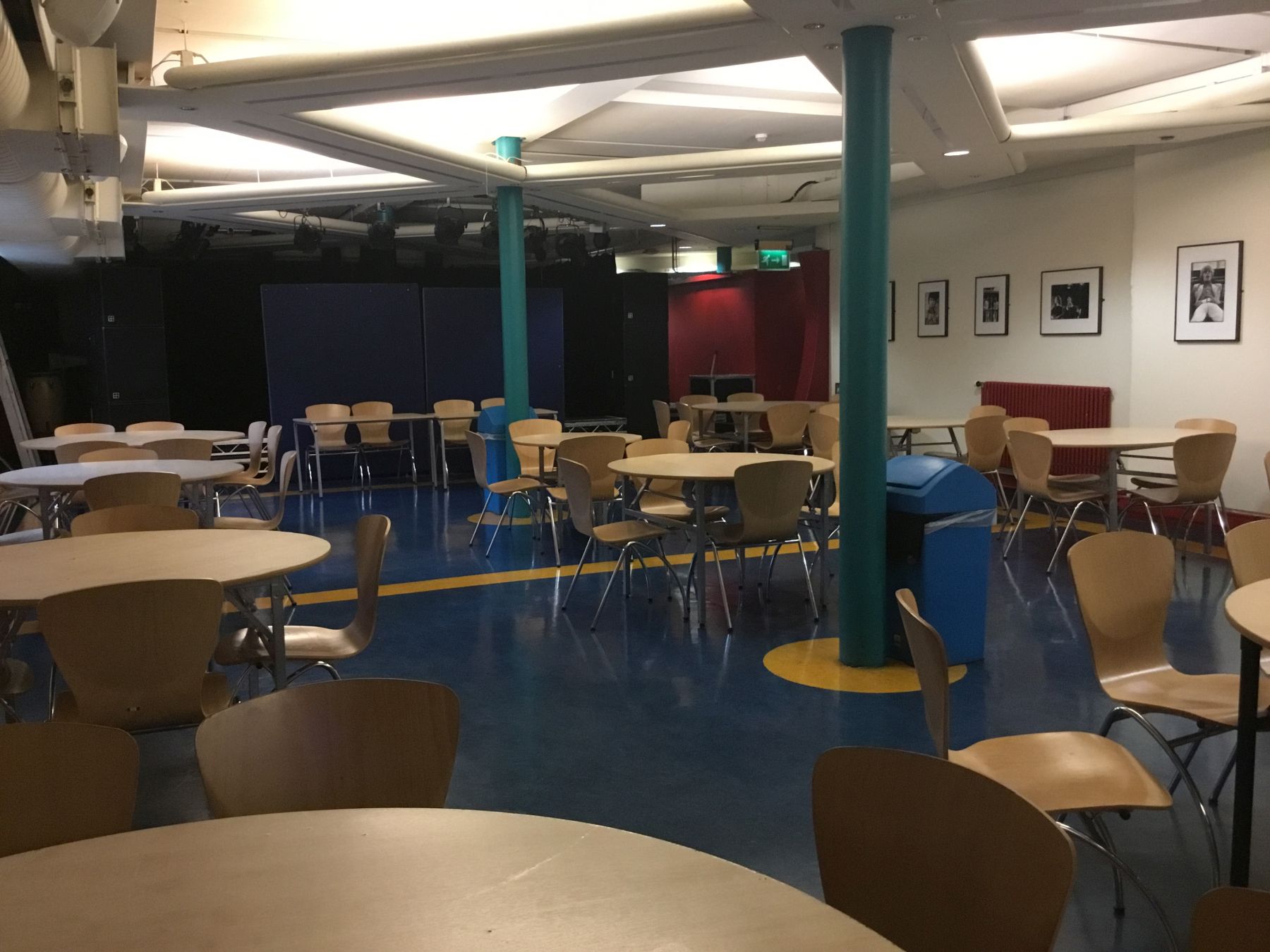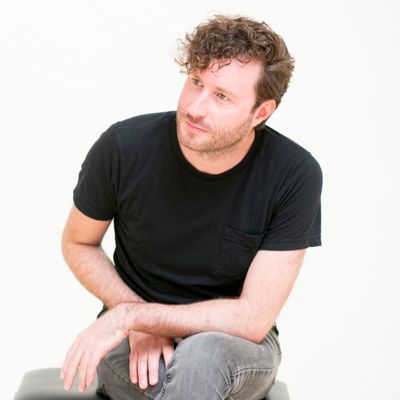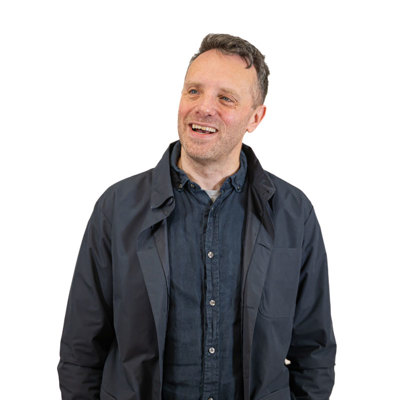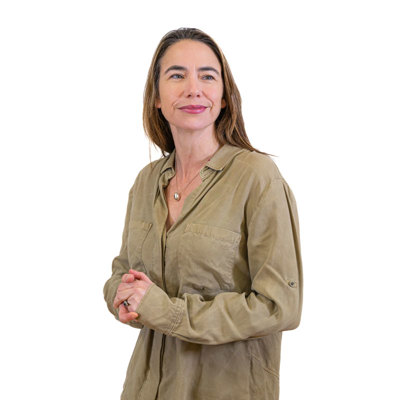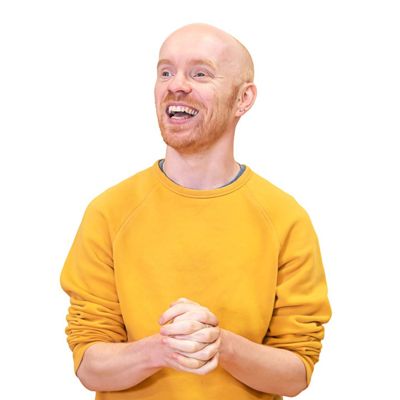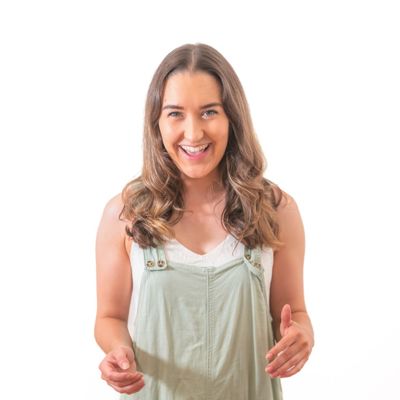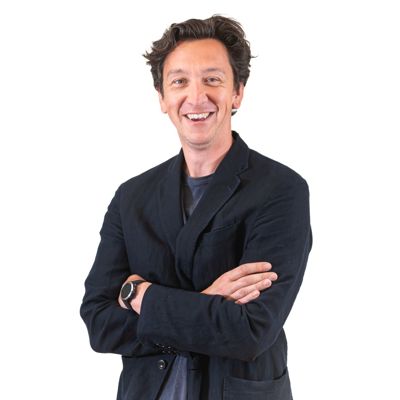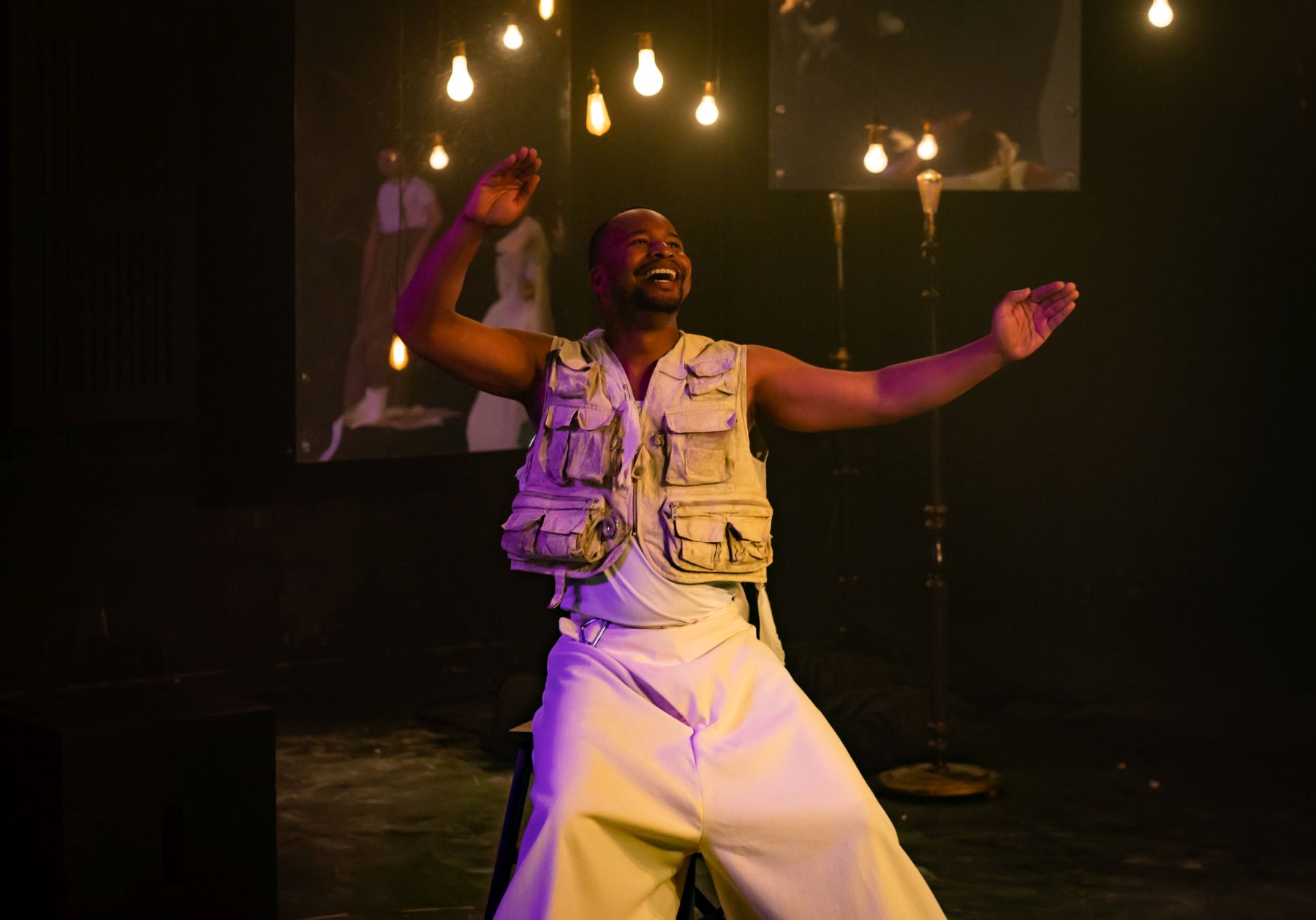
Course Overview
Our intensive and highly practical MA will enable you to develop and enhance your acting skills to a professional level by studying in our creative and collaborative community.
You will hone and develop your acting techniques by using a variety of practitioner approaches and techniques across stage, screen, movement, and voice. To extend your range of technical performance skills you will experiment with contemporary stage and screen texts and classical texts.
Collaborating with leading industry professionals, you will generate a live public production, plus a digital portfolio and industry showcase. A final practical research project allows you to interrogate and focus upon an area of the creative industries to deepen your knowledge and engagement as you embark upon your professional career.
Accredited By:
![]()

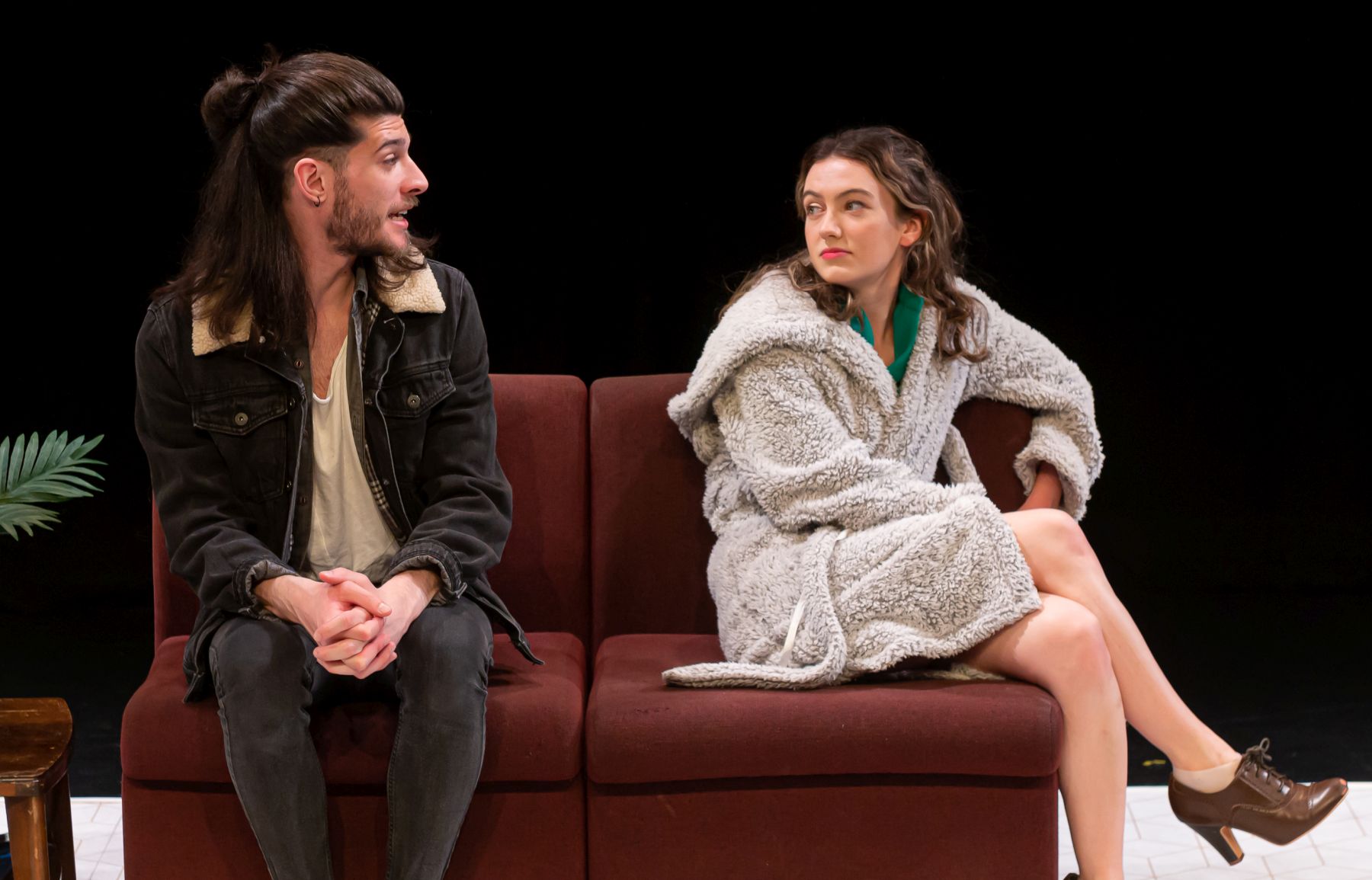
Course Highlights
- Cultivate your specialised practise in professional performance
- Get industry ready through a series of masterclasses and mock auditions.
- Work with practising professionals including casting directors, talent agents and theatre and film directors.
- Graduate with a professional voice reel, showreel and experience an industry showcase.
Connect With Us
What You Will
Study
The Actor’s Practice: Acting Technique I
In this module you undertake rigorous movement and voice classes which you integrate into the development of your acting technique. Technical acting principles, rooted in the conventions of Stanislavskian practice are introduced as you start to unearth your individual acting process. You investigate imaginative approaches to character and environment in contemporary, new writing, and scene work, as well as older naturalistic texts, for stage and screen. This work provides the foundations for your more advanced technical acting skills training. Movement practitioner approaches include Rudolph Laban and Jaques Lecoq, while voice practitioner approaches include Kristin Linklater and Catherine Fitzmaurice.
The Actor’s Practice: Acting Technique II
In term two, you deepen your understanding of performance conventions with challenging non-naturalistic texts, such as German expressionism, French farce, or TV sitcom. You examine the nuances of expansive theatrical live performance and heightened film work and investigate approaches to solo and ensemble work through character archetypes and commedia dell’arte in Epic or Greek texts. Your vocal expression is developed through working on animal studies and expanding your physical range. You integrate and demonstrate these skills in a staged Shakespearean work to an internal audience
The Actor’s Practice: Professional Performance I
In this module you experience an intensive rehearsal, technical and production process, as you embark upon a fully supported production with technical crew, set, costume, lighting, and sound design to a public audience. Working with a professional director to further develop creative and technical skills within a professionally simulated production environment, you continue to develop an acute understanding of the industry standards required of the contemporary professional creative artist.
The Actor’s Practice: Professional Performance II
The industry showcase provides an opportunity to present yourself to an invited audience of agents, casting directors and creative organisations, at leading performance venues in London and Manchester. You create and generate digital and live material across a range of genres. Under the guidance of a professional director material is selected to showcase your versatility, casting, and marketability and introduce you to members of the creative industries.
The Actor’s Practice: Professional Performance III
This year-long module is a sustained Independent Research Project which forms the dissertation or practice research element of your course. You undertake research and development to identify analytical and critical components, as well as cultural perspectives, to integrate, consolidate and produce an original short-film or staged performance. The process is documented to establish your understanding of the rigors of self-generated work, as well as the creative and technical skills you bring to the industry for the start of your professional career.
How You Will
Study
-
Technical Skills Classes
-
Performances
-
Lectures
-
Seminars
-
Workshops
-
Independent study
-
Group Work
-
Masterclass
How You Will Be
Assessed
Students will be assessed primarily through performance and modes of self-reflection (podcasts, viva, essay, or presentation). We are interested in how you develop yourself as an artist and so all of our assessments are designed to challenge and develop your techniques and to also allow you to reflect and research on the type of artist you wish to become.
Practical/written work ratio
80% practical work / 20% portfolio
View The
Staff
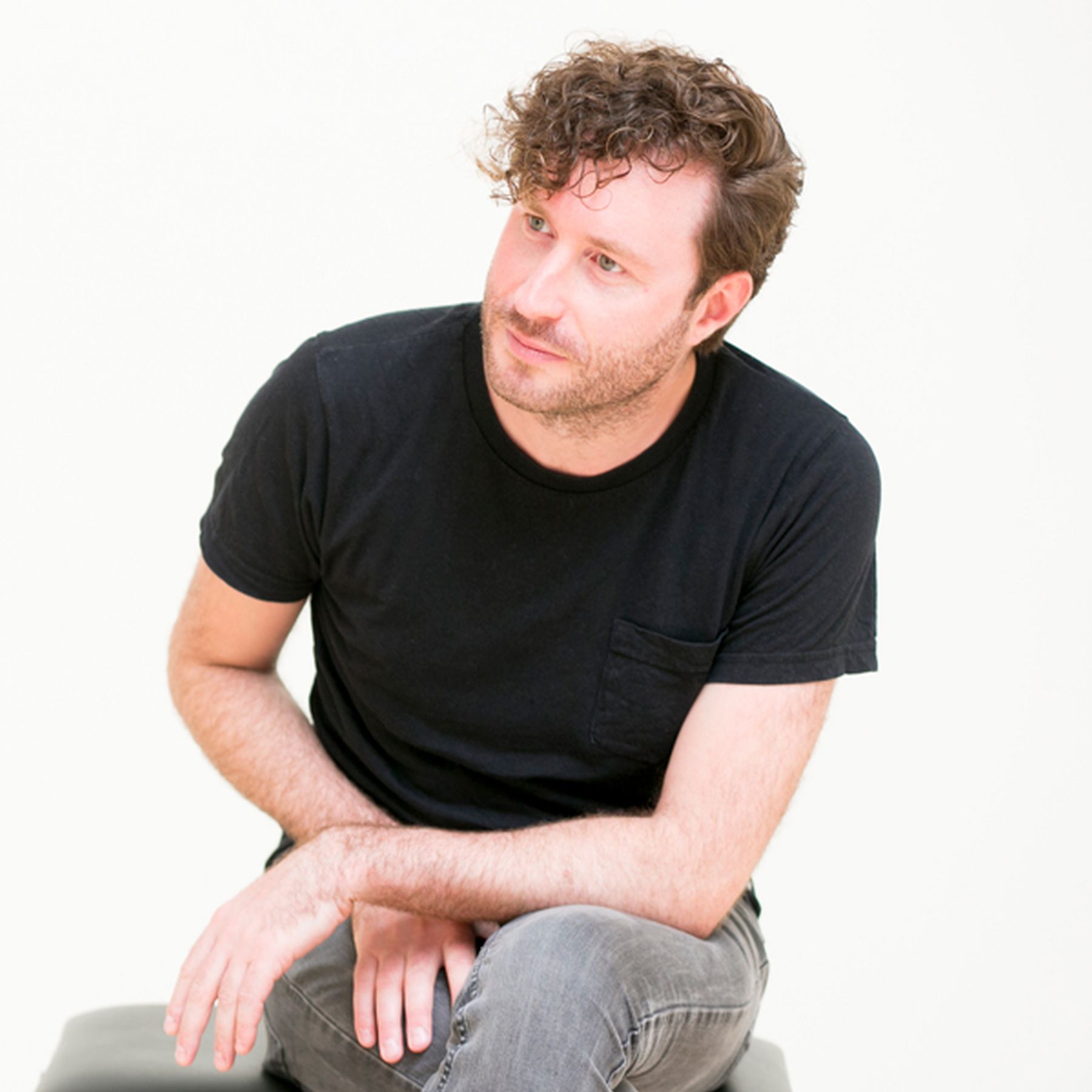
Will Hammond
Director of School of Performance
Will has worked in theatre, TV, film and radio. Having worked across mediums and platforms, Will can support students to become adaptable. His credits include the BBC, Lime Pictures, Greenwich Films, West Yorkshire Playhouse, Paines Plough, Frantic Assembly and Soho Theatre. Will has won the High Sheriff Award for New Writing from the Stephen Joseph Theatre, judged by Sir Alan Ayckbourn. He co-wrote the musical Kate and the Devil, which was shortlisted for the Stiles & Drewe Best New Song Award 2015. He feels it is important for actors to cultivate their own independent approach to acting in preparation for sustainable careers.
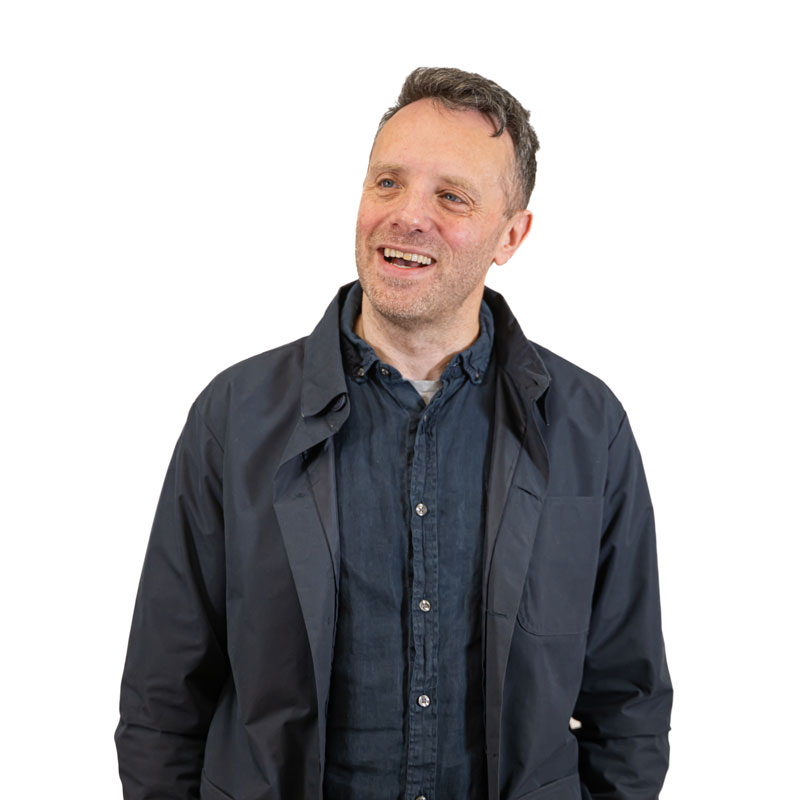
David Salter
Head of Acting
David is an award-winning theatre director and acting teacher.
Previously he has taught and directed at a number of drama schools including RADA, Mountview, Rose Bruford College, Drama Centre, The American Academy of Performing Arts, New National Theatre Drama Studio, Tokyo and the Manchester School of Theatre, where he led the Acting Programme.
David attended the Director’s Course at the Royal National Theatre Studio and has directed productions across the UK and internationally, including Brecht’s The Life of Galileo at the Studio Theatre, Washington DC. David was associate director to Peter Stein on David Harrower’s Blackbird at the Edinburgh International Festival, to Howard Barker on his production of Scenes From An Execution at the Barbican and on numerous productions at the Almeida Theatre including Richard II with Ralph Fiennes and the world premiere of The Shape of Things with Rachel Weisz and Paul Rudd.
publications
Contributor to ‘Actor Trainers on Acting: For The Twenty First Century’ Edited by Professor Anna McNamara for Routledge (upcoming)
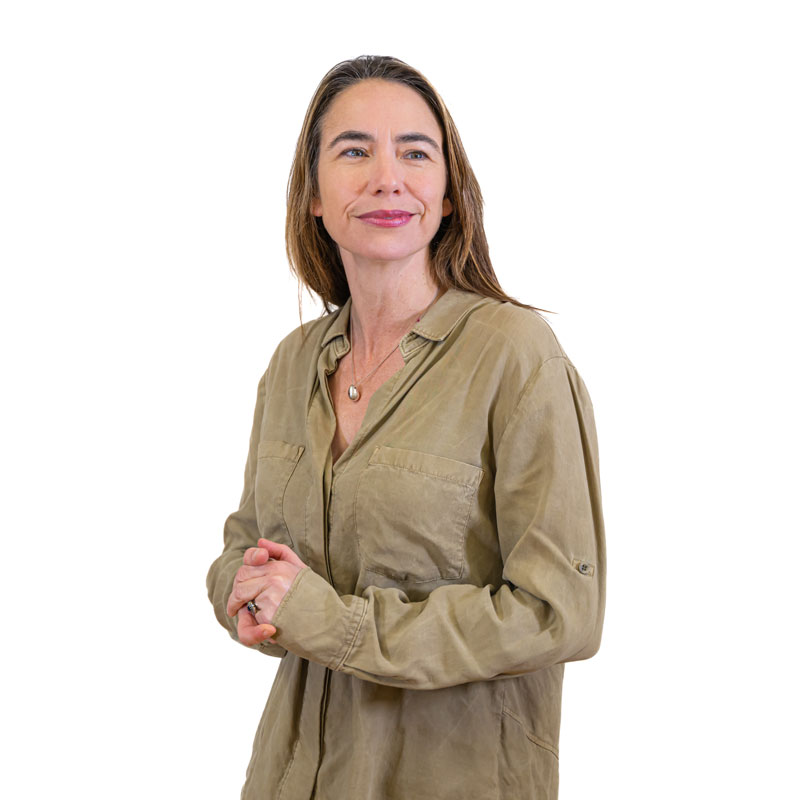
Caroline Martin
Programme Leader: MA Acting
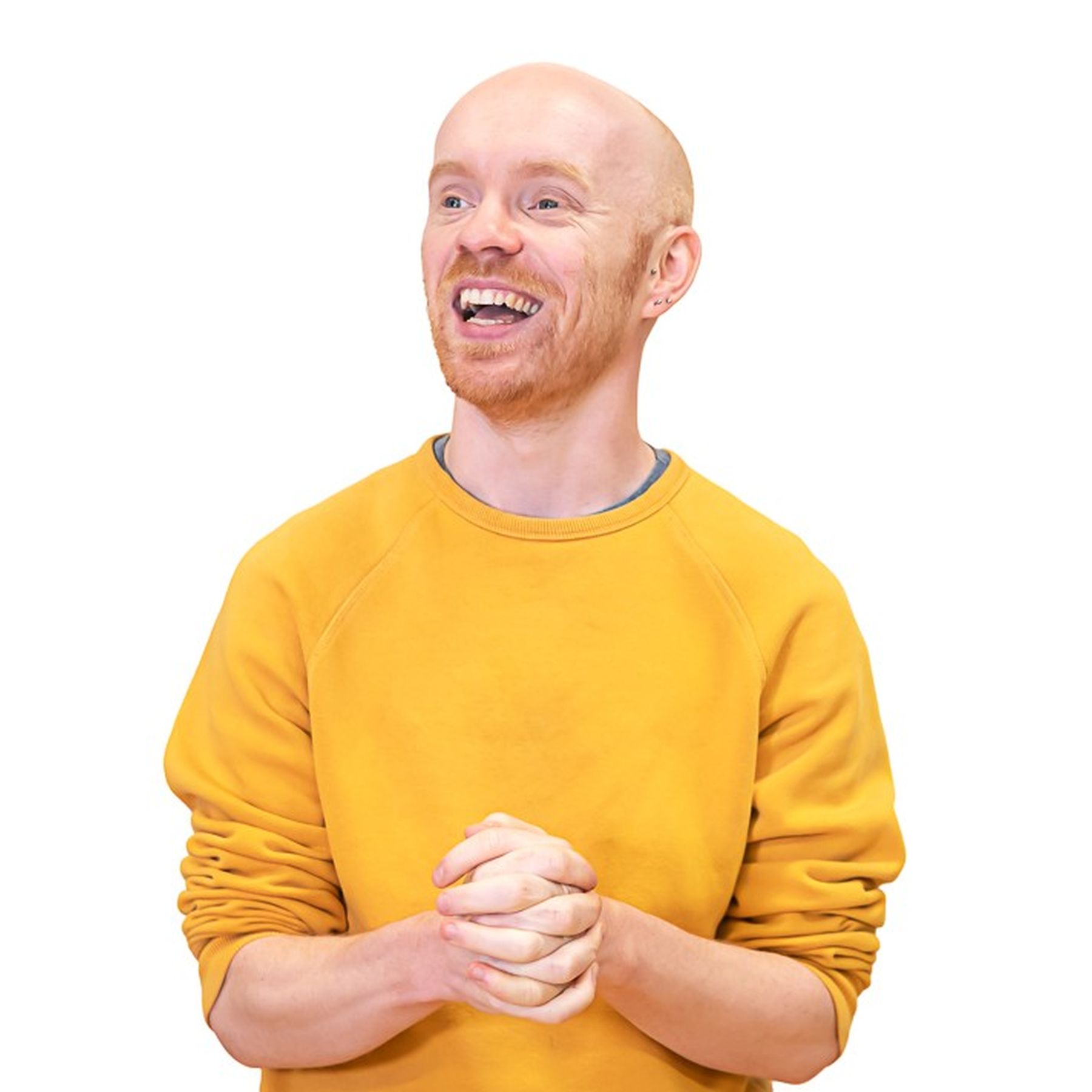
Gary Horner
Technical Skills Coordinator
Gary trained as an actor at Guildford School of Acting before going on to work professionally throughout the UK. Subsequently he went on to gain his MA from The Royal Central School of Speech and Drama in Voice studies and trained intensively with author of Freeing the Natural Voice, Kristin Linklater to become a designated Linklater teacher. Gary is an internationally recognised voice coach and director and has worked extensively within the UK Drama School sector.
Alongside being the skills co-ordinator for the School of Performance, Gary continues to work professionally as a voice coach and director. His credits include: Midsummer Night’s Dream (Sam Wanamaker Playhouse & UK Tour), Merry Wives of Windsor (Shakespeare’s Globe), Syncopated (Liverpool Everyman), Comedy of Errors (Shakespeare’s Globe), Cowbois (Royal Shakespeare Company & The Royal Court), Henry VI Part 3 (Royal Shakespeare Company), Acts of Resistance (Bristol Old Vic), The Boy with Two Hearts (Wales Millennium Centre), Matilda the Musical (Cambridge Theatre, London), Brainstorm (National Theatre), Macbeth (Stromness Theatre), Titus Andronicus (Bedlam Theatre), Reverie (Pleasance Theatre), Three’s Company (Tristan Bates) Romeo and Juliet (Chocolate Factory), Hello, Mr Capello (Watford Palace Theatre), In His Image (Hampstead Theatre), The Arsonists (Watford Palace Theatre), Bush Bazaar (Bush Theatre), Sour Lips (Oval House).
Publications/research
A non-elitist approach to Professional Development in Actor Training - Drama and Theatre Publication – Summer Term 1 – 2019/20 (Publication)
Northern Centre for Voice and Movement bringing Cultural Capital to a forgotten land – International Network for Voice Symposium – 2019 (Presentation)
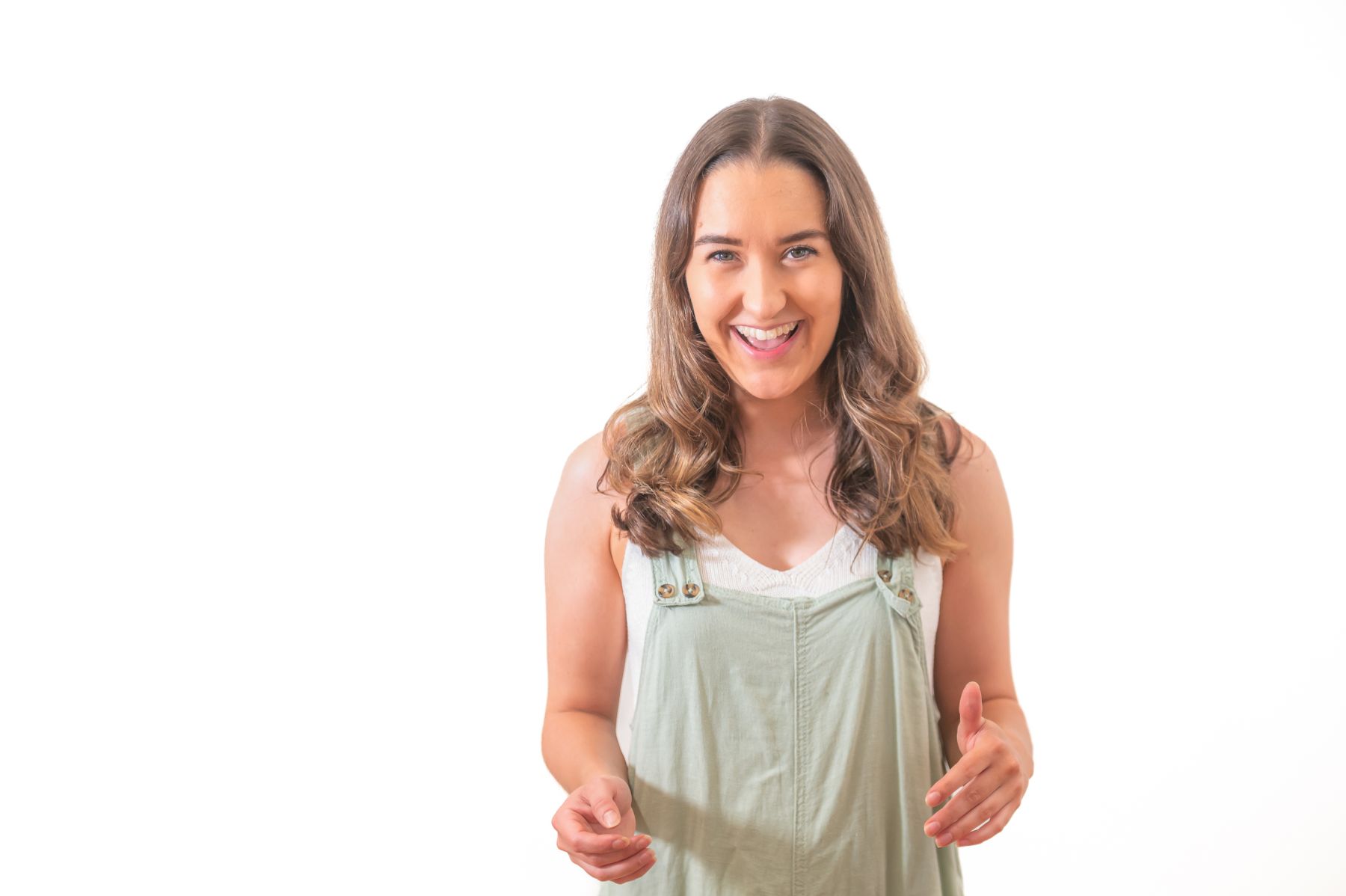
Rosemary Berkon
Teaching Fellow
Rosemary is an actor, voice coach and community facilitator. She trained as an actor at ALRA and as a voice coach at The Royal Central School of Speech and Drama. As an actor Rosemary has toured nationally, performing at venues such as HOME theatre, The Leeds Playhouse, Theatre 503, The North Wall Arts Centre and Manchester Opera House. With a passion for new writing and outreach she has worked as a performer and facilitator to create original work that emphasises community engagement with various theatre companies including Odd Arts, Papatango, Quantum Theatre and Byteback Theatre.
She brings her experience as a performer and facilitator into her teaching, alongside her experience as a private coach, which sees her work with many different voices encouraging confidence and communication. She currently works with clients in preparation for auditions, public speaking (that has included TEDx talks) and at other drama schools.
Rosemary is fascinated by accents, how speech is made and the social implications of teaching this to actors. She is a member of The Voice and Speech Trainers Association, passionate about cutting-edge pedagogy and aims to work with a sense of community and inclusivity in her studio spaces.
Rosemary understands the resilience required to sustain a career in the theatre industry, she endeavours to share with honesty challenges from her professional experience and also her hopes for the future of the creative arts.
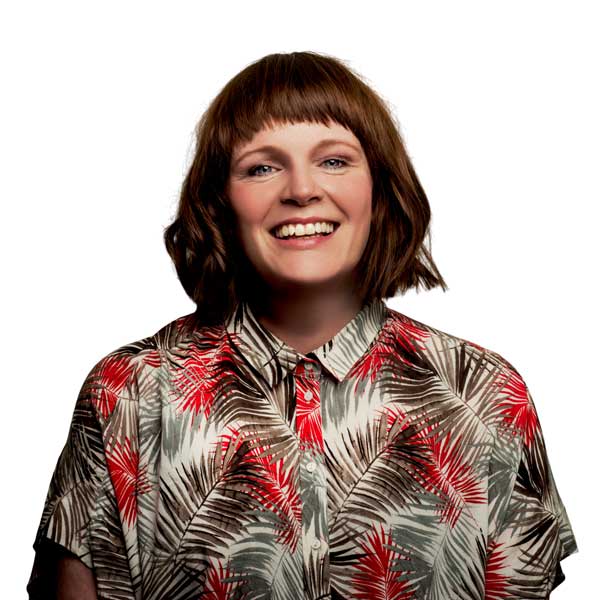
Beth Vyse
Lecturer
Beth is a critically acclaimed and award-winning creator/performer. She recently finished an international tour of her own show As Funny As Cancer, she also has national and regional theatre, global RSC, BBC, and ITV credits to her name. Over the last 20 years she has worked tirelessly within an industry she adores to become an established comedian, director, and lecturer – sharing her wealth of experience to help educate and encourage those with her shared passion for performance.
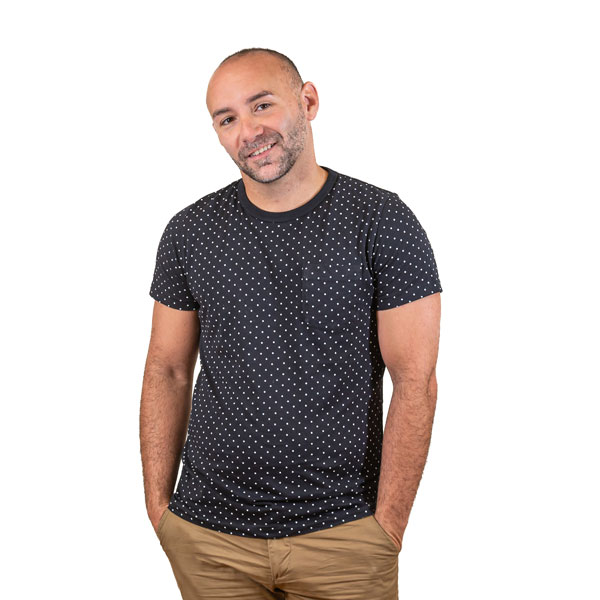
Paul Doyle
Teaching Fellow
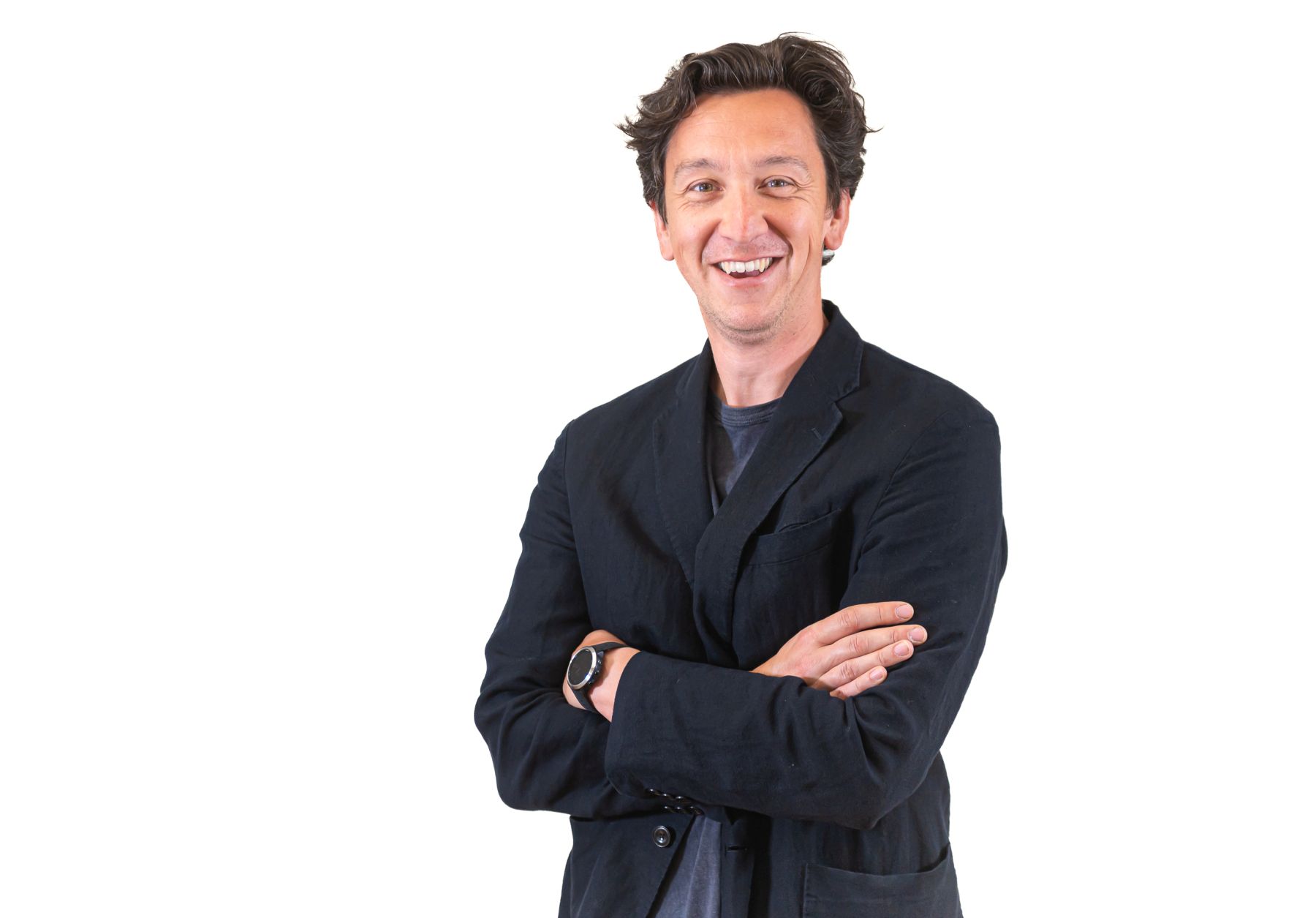
Alan Pearce
Programme Leader: BA Acting (Screen & Digital)
Alan has worked as an actor for 20 years; in live performance at The National Theatre for Nicholas Hynter and in the West End for Rupert Goold; on film in Star Wars: Rogue One; Darkest Hour with Gary Oldman; on TV in Black Mirror and in season 2 of His Dark Materials. Alan has taught screen acting for 10 years at LAMDA and UCA, gaining a PGCert in Arts education in 2018; writing and directing over 15 short films for training actors.
What Our
Graduates Do
Throughout the year we will work intensively with students so that graduates are well-equipped to immediately apply their acquired specialist skills to performing, directing, writing, and producing for stage, screen and radio.
Some of the outcomes of graduates on our previous course include:
Angela Rose (2021)
Theatre credits include Deborah, The Hunger (Black Bright Theatre Company), Eve, The Last Motel (Sheepish Productions), Titania, A Midsummer Night’s Dream, (Less is More Theatre Company) and Lady Capulet, Romeo and Juliet (Theatre Space North East). Angela also works with arts wellbeing specialists Night Light Theatre CIC co-creating material with service users of the NHS and criminal justice system and as a freelance arts facilitator.
Jaquell Walker (2021)
TV credits include Protection (ITV), Waterloo Road (BBC) and A Gentleman in Moscow (Paramount+). Theatre credits include SealSkin for Tmesis Theatre and two Shakespeare productions for Smock Alley Theatre, Dublin. Jaq has also been cast in TV commercials, worked as a model and for corporate media.
Related
News

LIPA secures £2.5m Office for Students capital funding to deliver new performance and digital innovation hub

LIPA achieves major milestone: new degree awarding powers

Gallery: Graduation 2025

Sir Paul McCartney honours leading arts figures at LIPA graduation

LIPA grads and students head to Edinburgh Fringe

Bryn Holding: ‘the seeds of being a director were sown at LIPA’

Watch: Acting grad Jak Malone wins Tony Award

James Nesbitt Q&A: six key takeaways

Watch: One Night, Four Films
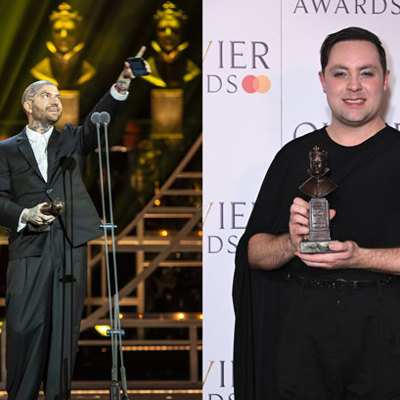
Tony Award nominations for two LIPA graduates

London dates for MA Acting grads new show

LIPA grads get creative for Christmas

‘Films have a way of finding you out’ - Sir Sam Mendes at LIPA

LIPA grads and students at Edinburgh Fringe

Gallery: Graduation 2024

Award-winning LIPA grad honoured by Sir Paul McCartney
Educational qualifications are important but limited in what they can tell us about you.
Your natural ability, your fit with what and how we teach, your growth and your potential are also key factors in our admission process. We can’t evaluate these solely on your educational achievements, so no matter which course you are applying for, we look for the following attributes on your application and at the interview stage.
Additional Costs
As part of this course, there are likely to be some additional costs that are not included within your tuition fees. Some of these are optional.
Clothing
We recommend that you bring specific clothing and footwear for your practical classes. These are standard items of clothing that you will need as a working actor. Costs will vary, but we estimate this to be in the region of £200.
Career development
During the course, we would recommend that you organise professional headshots, which can range in cost from £100 to £500, depending on the photographer you choose to work with. UK students may also need to sign up for Spotlight/Equity membership, which costs from £100 for graduates.
Seeing shows
You should go to the theatre as often as you can. This is not compulsory, but it will help your development as a performer. Theatre visits are not covered by your tuition fees, so you'll need to cover these costs yourself. Most theatres offer student discounts and we are occasionally offered a limited number of free or discounted tickets for shows in the city. It is highly recommended that you attend the Acting department performances. We offer discounted student tickets to make this as affordable as possible. We advise that you budget around £100 for theatre visits during the course.
Additional Costs
As part of this course, there are likely to be some additional costs that are not included within your tuition fees. Some of these are optional.
Clothing
We recommend that you bring specific clothing and footwear for your practical classes. These are standard items of clothing that you will need as a working actor. Costs will vary, but we estimate this to be in the region of £200.
Career development
During the course, we would recommend that you organise professional headshots, which can range in cost from £100 to £500, depending on the photographer you choose to work with. UK students may also need to sign up for Spotlight/Equity membership, which costs from £100 for graduates.
Seeing shows
You should go to the theatre as often as you can. This is not compulsory, but it will help your development as a performer. Theatre visits are not covered by your tuition fees, so you'll need to cover these costs yourself. Most theatres offer student discounts and we are occasionally offered a limited number of free or discounted tickets for shows in the city. It is highly recommended that you attend the Acting department performances. We offer discounted student tickets to make this as affordable as possible. We advise that you budget around £100 for theatre visits during the course.
View the programme specification on LIPA's course catalogue





